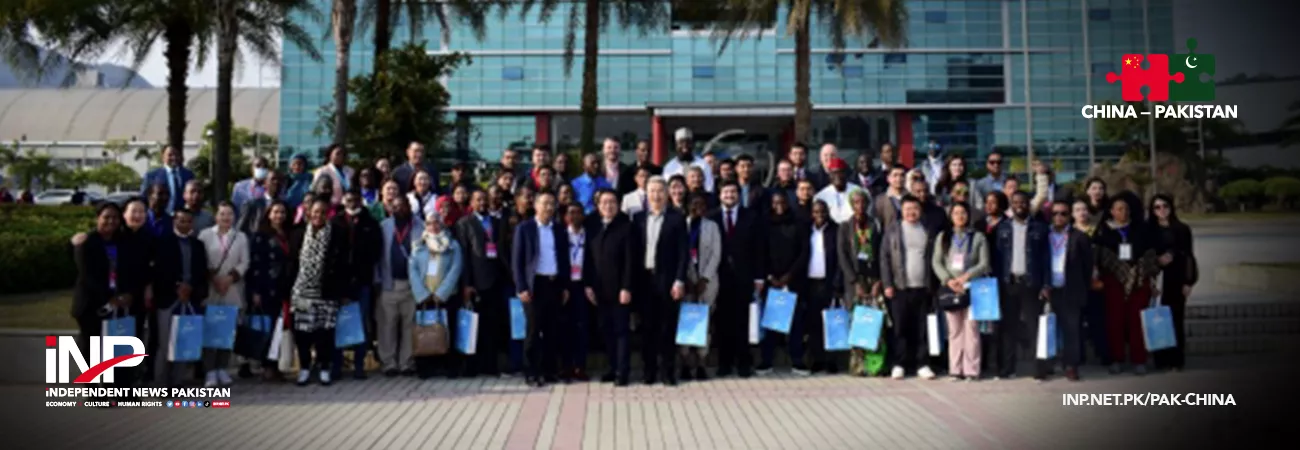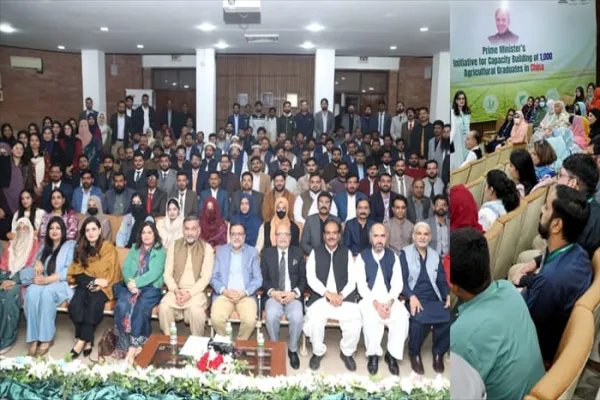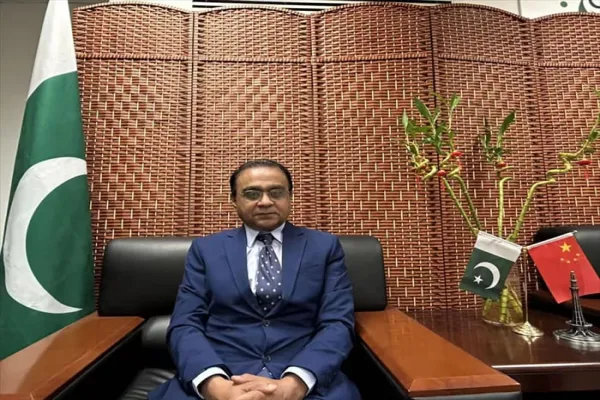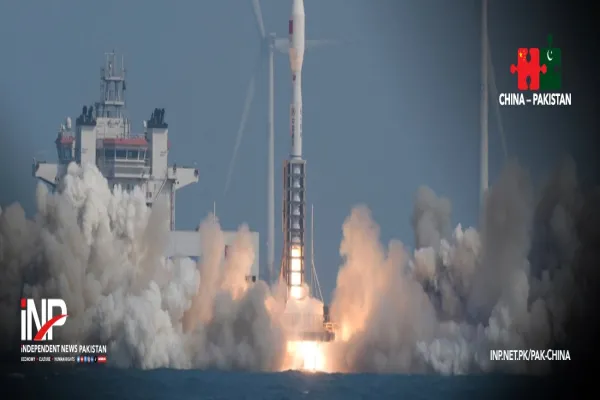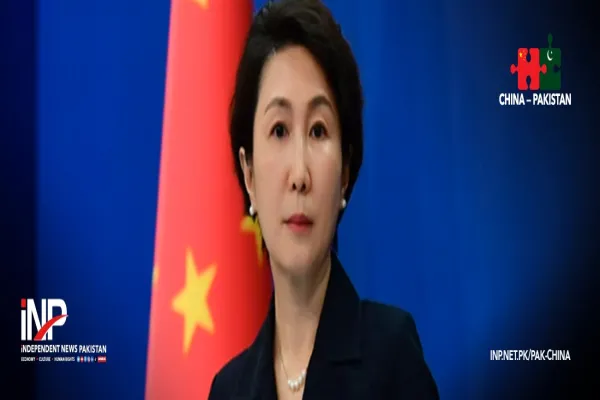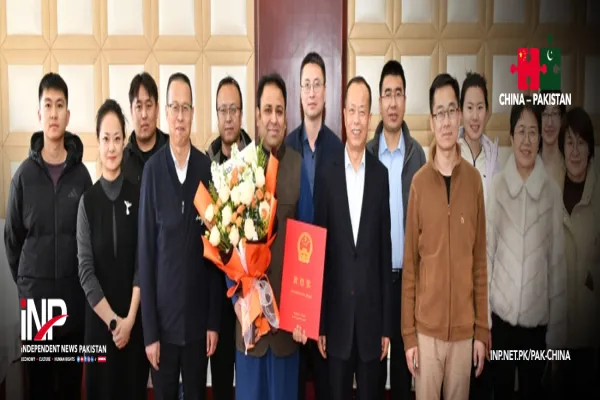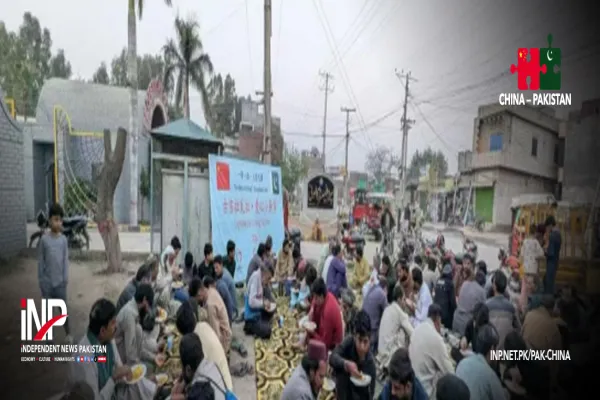i NEWS PAK-CHINA
For the first time in the past three years, China’s Ministry of Commerce welcomed the first batch of informational officials who came in-person for training seminars, according to China Economic Net (CEN) on Monday. Ms. Pizwak Imtiaz, Section Officer (F&A), Ministry of Poverty Alleviation and Social Safety (PA&SS), has just concluded a 14-day Seminar on China's Poverty Alleviation Practices under the Global Development Initiative. The seminar, hosted by the Academy for International Business Officials (AIBO), Ministry of Commerce, China, is one of the 5 seminars that took place from 22nd February to 7th March for a total of nearly 200 officials from 27 countries across the globe.
“Another colleague from the Ministry of Economic Affairs, Government of Pakistan attended the seminar on International Cooperation and Trade”, she told China Economic Net (CEN) reporter. “The Seminar included a 4-day trip to the coastal city of Fuzhou, Fujian, during which we visited the Juncao Technology Research Center in Fujian Agriculture and Forestry University”, she said, adding, “Juncao Technology uses wild-grass for cultivation of medicinal mushrooms that has transformed the production of high-yield mushrooms since 1989 and helped ecological protection by preventing soil erosion and desertification.The technology is currently under experiment in Gwadar Port in Pakistan.”
In addition, the visit included a trip to the Fuyao Glass factory which produces world quality automobile glass to key manufacturers across the globe, creating jobs, infrastructure and employment opportunities to locals since 1987. “I was impressed by the village businesses that are modern, digitized and profit-based. Whether agro-based or industry-reliant, there has been a targeted shift towards digital systems empowered by locals who are effectively trained in marketing, media, and enterprise development. Additionally, the online and infrastructural value chains created across struggling regions in the northern and western provinces of China have allowed these regions to be part of the country’s growth rather than hurdles”, she recalled.
“All tiers of government local institutions and businesses are synergized to work towards the common goal. This system of centralized planning but decentralized and coordinated implementation provided an excellent opportunity for locals to have specialized solutions to their problems. This is something that developing nations struggle with, owing to there being different institutions working often with lack of coordination”, she observed. She told CEN reporter that the poverty rate in Pakistan has declined from 57.9% in 1998 to 24.3% in 2015, but it remains unacceptably high as of today. A much higher percentage of the population faces non-monetary deprivations. Prevalence of multidimensional poverty is 38.4% (including education, health and living standards).
Rural multidimensional poverty headcount is as high as 55%, in contrast to urban areas where only 9% of urban population is multidimensionally poor. Furthermore, Pakistan faces challenges of food insecurity amid various climatic challenges; 36 percent of the population is currently food insecure. In a joint effort, PA&SS Pakistan and the Ministry of Commerce, China signed an MoU on Cooperation in the Field of Poverty Alleviation in December, 2021. In August, 2022, the two Ministries jointly organised the China-Pakistan Forum on Commerce-Driven Poverty Reduction and Social Development. “The Seminar on China's Poverty Alleviation Practices under the GDI is the first in-person event conducted, and hopefully will lead to many other meaningful areas of collaboration”, she said.
Credit: Independent News Pakistan-INP



